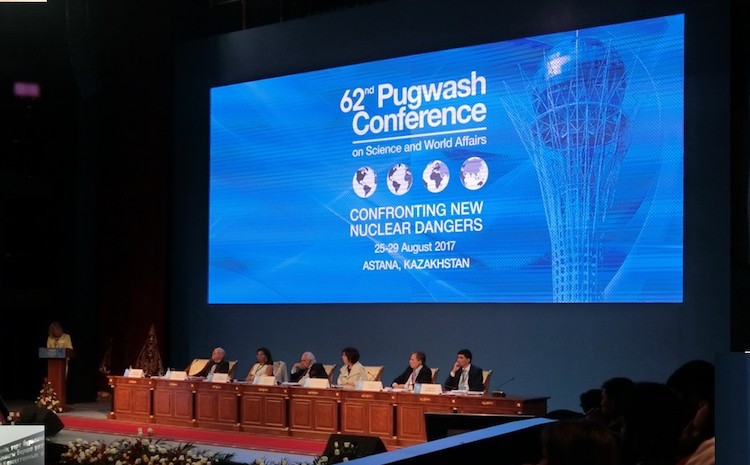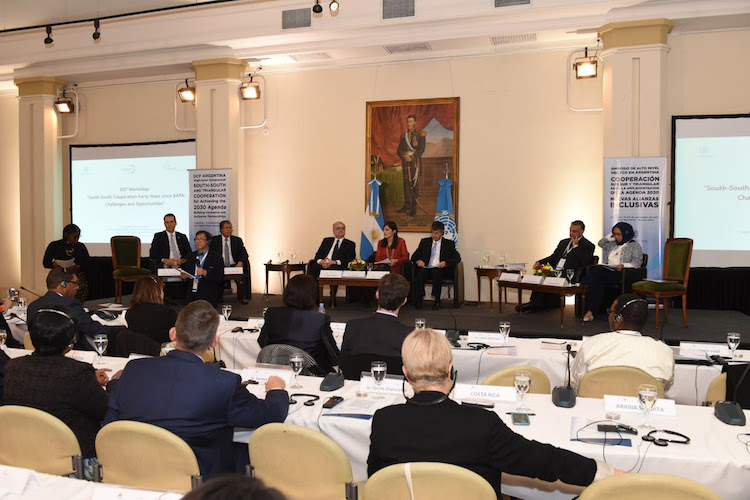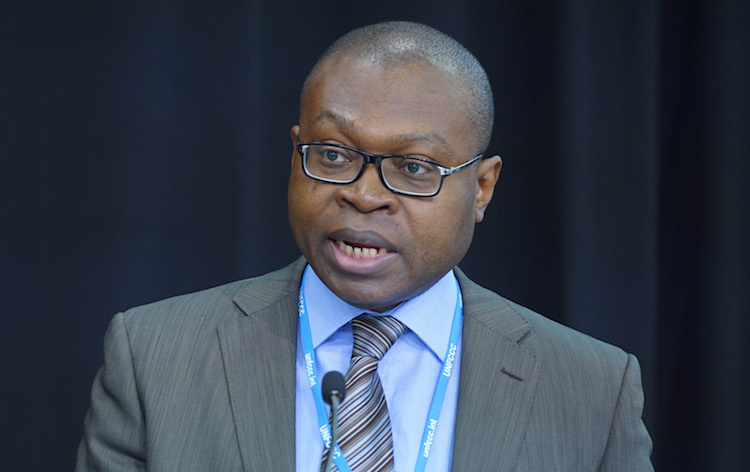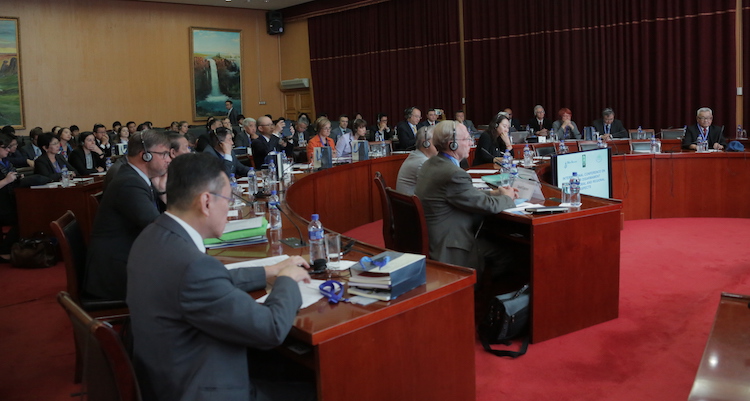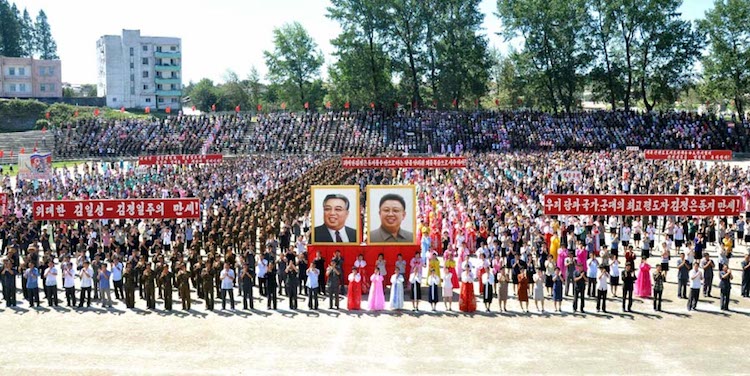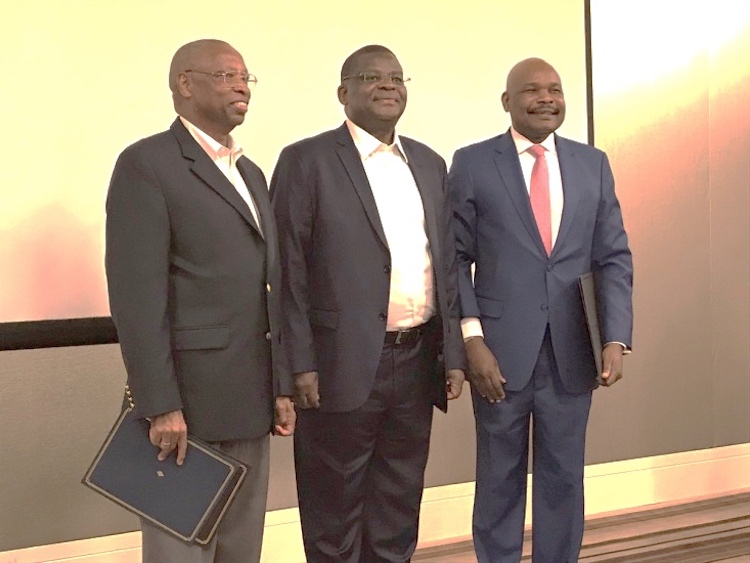By Ramesh Jaura
BERLIN | ASTANA (IDN) – Some three weeks before the UN Treaty on the Prohibition of Nuclear Weapons opens for signature on September 20 in New York, a landmark international conference in the capital city of Kazakhstan has called upon “all governments and people to reflect on the grave and irreversible ecological and humanitarian consequences of nuclear weapons and to spare no efforts towards achieving a nuclear-weapon-free world.”
The appeal, made by the Council of the Pugwash Conferences on Science and World Affairs, coincided with the International Day against Nuclear Tests, designated by the 64th session of the United Nations General Assembly on December 2, 2009 by unanimously adopting resolution 64/35. Watch Our Video

